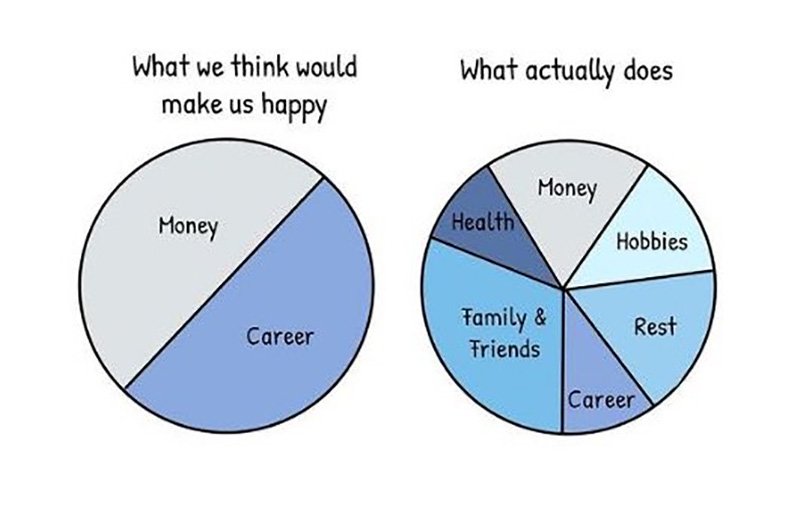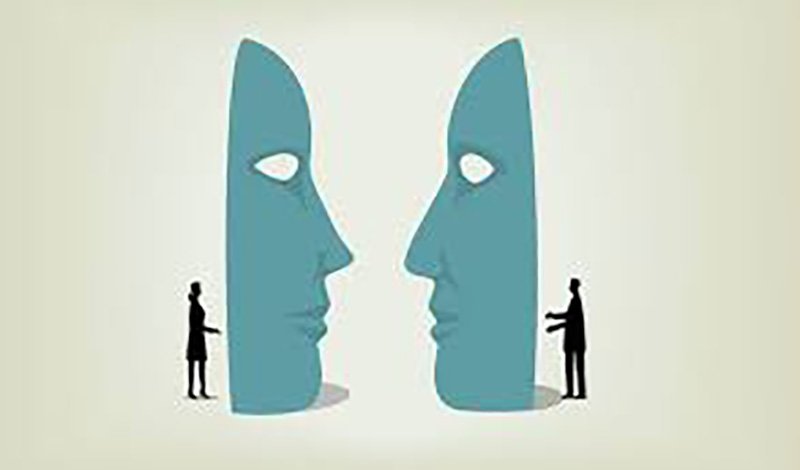Why is it necessary to know people before you ever need them?
Remember that if you can build people up then you can build a business. In my experience I have found that sometimes people have ulterior motives with regards to the relationships they enter into. I think that when you create authentic relationships, you’ll see other possibilities to help each other along the way. My parents gave us the wings to try something new and they constantly told us that there is only one business and that’s the people business. It doesn’t matter what industry you work in, if you take the people out of the business, you’ll have nothing at all.





















